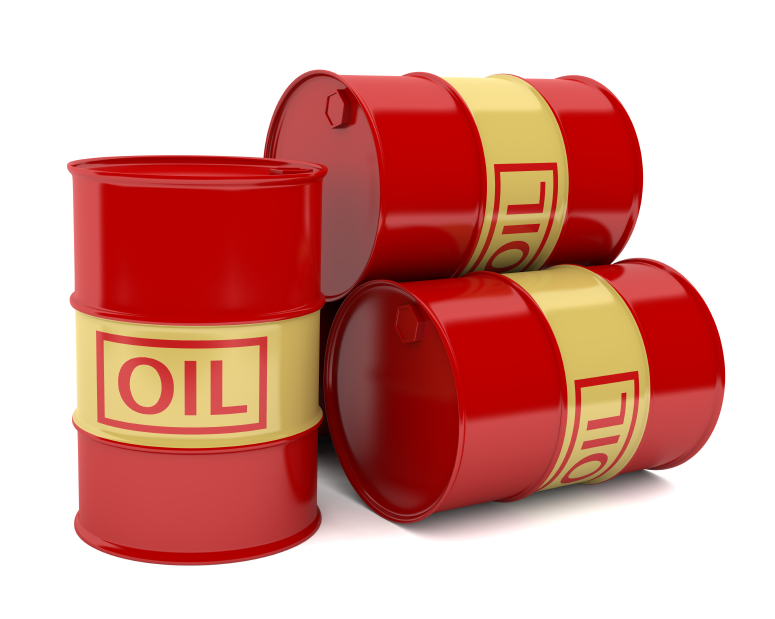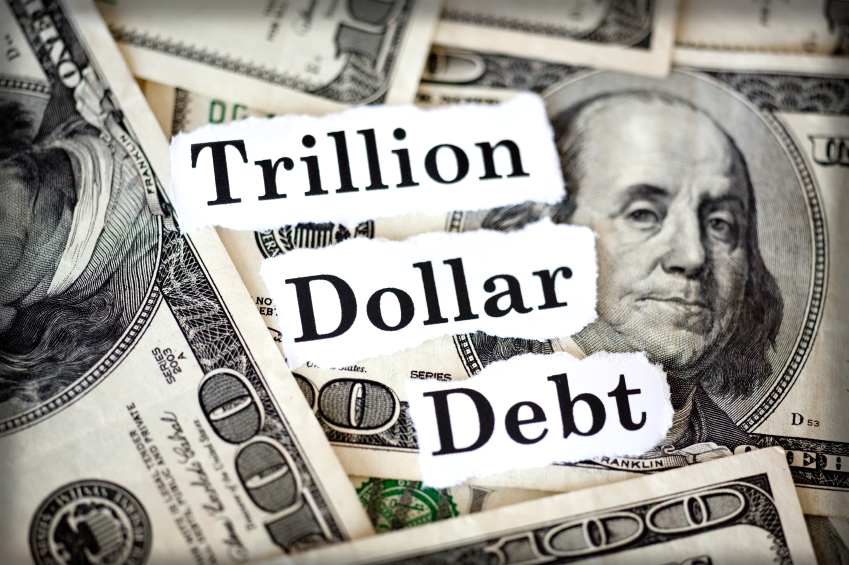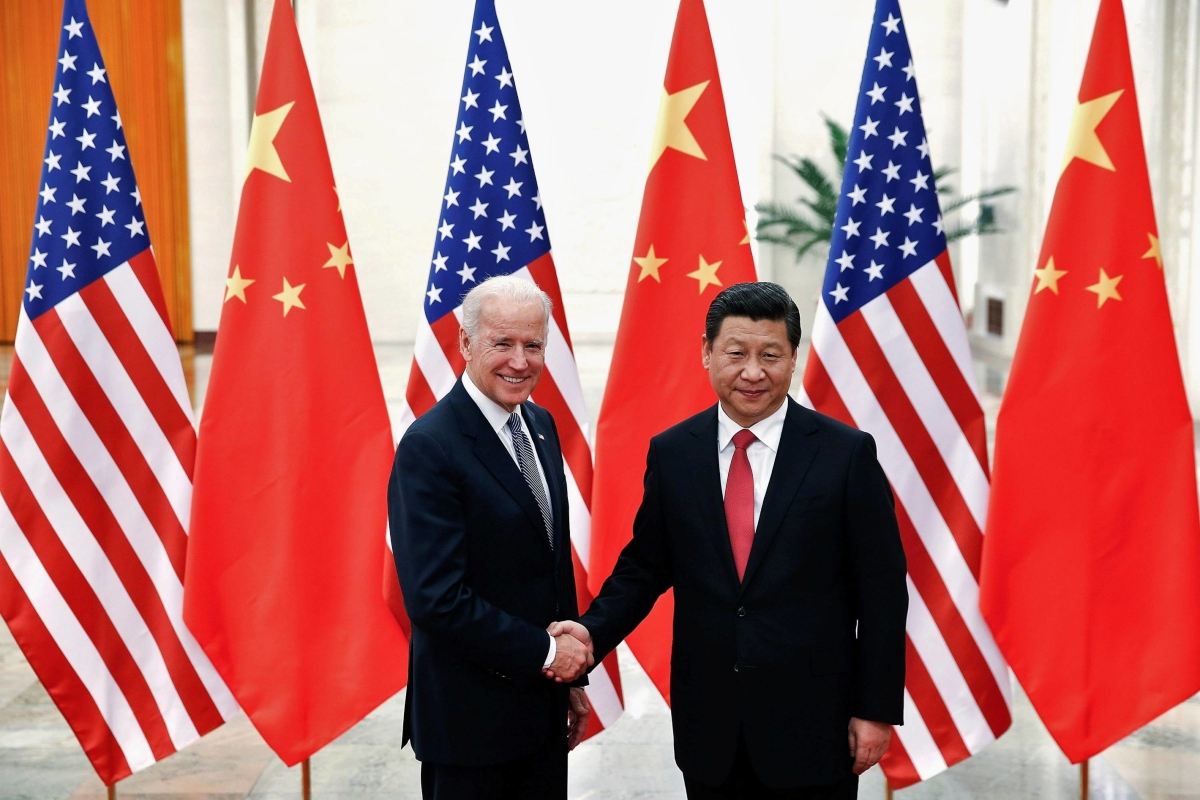Putin bans export of Russian oil to US and other nations that implemented a price cap
01/04/2023 / By Belle Carter

Russian President Vladimir Putin recently signed a decree to temporarily ban the export of oil products to the United States and other nations that implement a price cap.
The ban will take effect from February 1 to July 1.
“Deliveries of Russian oil and oil products to foreign entities and individuals are banned, on the condition that in the contracts for these supplies, the use of a maximum price fixing mechanism is directly or indirectly envisaged,” the decree stated. “The established ban applies to all stages of supply up to the end buyer.”
The decree, published on the Kremlin website, was a direct response to “actions that are unfriendly and contradictory to international law by the United States and foreign states and international organizations joining them.” (Related: Russia to halt oil exports to nations that impose price cap on Russian crude.)
The Group of Seven (G7), the European Union and Australia made an agreement in December that a $60-per-barrel price cap on Russian seaborne crude will be imposed beginning Dec. 5. The price cap, unseen even in the times of the Cold War between the West and the Soviet Union, is aimed at crippling Russian state coffers and Moscow’s military efforts in Ukraine.
According to analysts, the cap will have little impact on the oil revenues that Moscow is currently earning. But Russian Federation Finance Minister Anton Siluanov said Moscow’s budget deficit could be more comprehensive than the planned two percent of GDP in 2023, with the oil price cap squeezing export income.
The G7 price cap allows non-EU countries to continue importing seaborne Russian crude oil, but prohibits the shipping, insurance and reinsurance companies from handling cargoes of Russian crude around the globe unless it is being sold for less than the price cap.
Russia is the world’s second-largest oil exporter after Saudi Arabia, and a major disruption to its sales would have far-reaching consequences for global energy supplies.
China, India take advantage of Russian oil discounts
Germany seemed unthreatened by Russia’s oil export ban. According to Robert Saverin, spokesperson for Germany’s Ministry for Economic Affairs and Climate Action, Moscow’s decision to ban oil sales to countries that impose a price cap on Russian fuel “has no practical significance” to Berlin.
“I don’t want to say that it is irrelevant, but it has no practical significance. We have been preparing to replace Russian oil exports since early summer,” Saverin said. “Overall, we have been working to ensure the security of supply. It continues to be assured, regardless of whether this decree has been issued or not.”
Western sanctions on Russian fossil fuels are accelerating the shift in global energy flows. China and India are increasingly taking advantage of Russian oil discounts and Middle Eastern suppliers are redirecting their crude to Europe.
Russia is offering big discounts to Asia’s biggest oil buyers as it tries to retain market share after banning the sale of its crude and petroleum products to countries imposing a price cap.
Follow FuelSupply.news for more updates about the ban on Russian oil exports to countries that implement a price cap.
Watch the video below that tackles Russia’s oil export ban.
This video is from the Puretrauma357 channel on Brighteon.com.
More related stories:
US-EU price cap on Russian oil threatens India’s crude imports and economic growth.
US oil price to surge again in December as Saudis cap production and EU embargo takes effect.
ENERGY REDIRECTED: Two-thirds of Russian seaborne oil exports are now going to Asia.
Hungary, Serbia building pipeline for Russian oil and gas to dodge EU sanctions.
Sources include:
Submit a correction >>
Tagged Under:
big government, Bubble, Collapse, crude oil, economic collapse, economy, energy rationing, energy shortage, energy supply, fuel shortage, fuel supply, oil exports, oil trade, price cap, risk, Russia, sanctions, supply chain, trade, Western sanctions
This article may contain statements that reflect the opinion of the author
RECENT NEWS & ARTICLES
COPYRIGHT © 2018 MONEYSUPPLY.NEWS
All content posted on this site is protected under Free Speech. MoneySupply.news is not responsible for content written by contributing authors. The information on this site is provided for educational and entertainment purposes only. It is not intended as a substitute for professional advice of any kind. MoneySupply.news assumes no responsibility for the use or misuse of this material. All trademarks, registered trademarks and service marks mentioned on this site are the property of their respective owners.




















